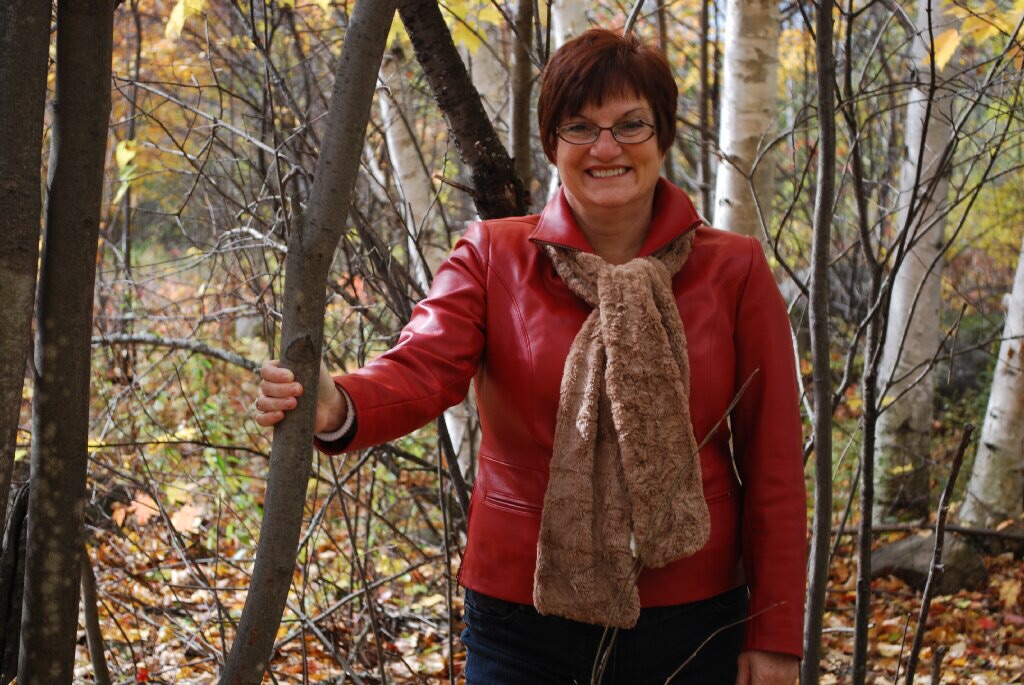What we don't understand we often reject or dismiss as not a part of our world. Yet I wonder if those of us who are silent are being prejudice in our own way. The reason I question it is how much we have learned about bullying in the past years. We now clearly accept that in a bullying situation, the bystander is almost as guilty as the person doing the bullying.
When I was a patient at Lyndhurst Rehabilitation Centre in Toronto, I learned quite a bit about disabilities, along with the importance of talking about them. You see, I wasn't a very willing patient. I had thought I was having surgery and would be home ten days afterward. That didn't happen. I was transferred by ambulance, on a stretcher, on a beautiful autumn day. That began my reluctant stay at that fine hospital.
I had thought I hadn't had a prejudiced bone in my body, yet I did not want to be labeled as an incomplete paraplegic. Every time I was in Physio, at the gym, or in case conferences with doctors, I was referred to as an incomplete paraplegic. I cringed. Every single time.
In group sessions we learned about everything from how to use a reacher to put a pair of socks on, to equipping your bathroom for safety. There were many issues on the social realm as well. Learning to accept your new reality requires a lot of coaching. What was the biggest surprise to me however, was the day we talked about disabilities. Some of us who had difficulty with our labels were questioned and asked if we were prejudiced against those with disabilities. It was a lively conversation for sure. One in which I swore I held no prejudice against, however I surely didn't Ike my label. Fact or not I wasn't crazy about being called an incomplete paraplegic. That sat with me for quite a while. Was I prejudiced?
There's one thing you have a lot of in a rehab centre is time to think. And think about it I did. I sat one afternoon with a psychologist, basically debating it until we came to an understanding. I wasn't prejudiced we concluded, but I was in fact in denial. I had accepted the fact that I couldn't walk, but for me in my heart of hearts, it wasn't permanent. I did have hope. That's the thing with an incomplete paraplegic, there is a chance that things will go well. I was choosing to focus on that. That's okay, as long as I could call it like it was. From that day on, I called myself an incomplete paraplegic.
As I was getting ready for my discharge, there were several case conferences and often the terminology was used. I no longer had a problem with it. I was asked to go out in the world and educate people about incomplete paraplegics, because many of us are alone. We look okay, we don't have a wheel chair, but many have canes, walker, braces and catheters.
We also have pain, because the connection is still there we are left with neurological pain.
We used to ask each other a weird question. Would you give up your mobility if it meant you would be without pain? That's a tough one. That's the stuff we talked about when family was gone and we were left with our thoughts. There's no easy answer to that question.
One thing I know is that if we open our hearts to those around us and offer a little empathy even if we don't understand, the world will be a much better place.

 RSS Feed
RSS Feed
